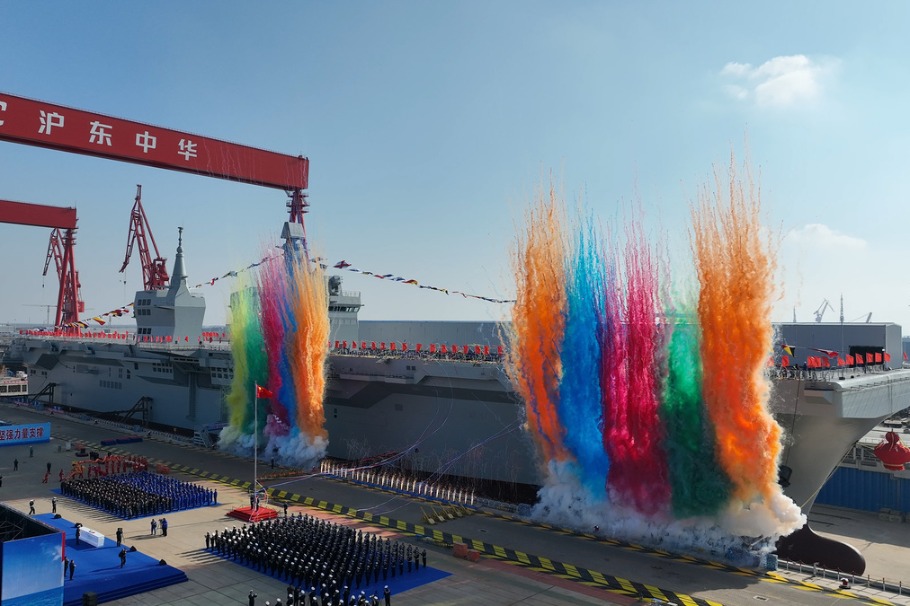Washington politicizing IMF and World Bank


US Treasury Secretary Janet Yellen cast international financial institutions, such as the International Monetary Fund and the World Bank, as United States-aligned counterweights to China's growing influence in the developing world in a Congress hearing last week, as she sought to garner congressional support for financially backing those lenders.
The IMF and the World Bank "reflect American values," she said. "Our leadership at these institutions is one of our core ways of engaging with emerging markets and developing countries".
Her remarks show that the Joe Biden administration is determined to turn the multinational financial institutions that were founded to promote the common development of the world into a new arena for its geopolitical game, transforming them from global public goods into tools of the US to maintain its hegemony.
The IMF and the World Bank should reflect the interests of "all member states", rather than those of the US alone, and they should be platforms for international cooperation, reflecting greater democracy in international relations.
Shortly after Yellen made her remarks, United Nations Secretary-General Antonio Guterres criticized the IMF and the World Bank's response to the COVID-19 pandemic as a "glaring failure" that left dozens of countries deeply indebted, saying that the pandemic was a "stress test" for the organizations.
The UN chief says the IMF has benefited rich countries instead of poor ones. This isn't the first time he has called for overhauling the global financial institutions. And that call reflects a common will of the developing world, as the IMF and the World Bank do not address the less-developed economies' financing needs and are becoming more willing to do the US' bidding.
That's why more regional multinational banks have been founded, such as the Asian Development Bank, African Development Bank, Asian Infrastructure Investment Bank and New Development Bank, to make it easier for developing countries to access financing for their infrastructure development.
The US should not use its voting power to politicize the IMF and the World Bank or even introduce geopolitical confrontation into these multilateral financial institutions, thus undermining the work of these organizations in responding to crises such as the global economic recession, pandemic and climate change.
Over the past few years, Washington has already obstructed the operation of the World Trade Organization for its own interests, making countries worry about the impact of trade fragmentation on global economic stability and development. It is now intent on repeating the same tricks.
With the trend of de-dollarization occurring in developing countries around the world, Washington's weaponizing of the two financial institutions will only serve to further accelerate that process, dividing the world into a US camp and the others in the financial sector.


































